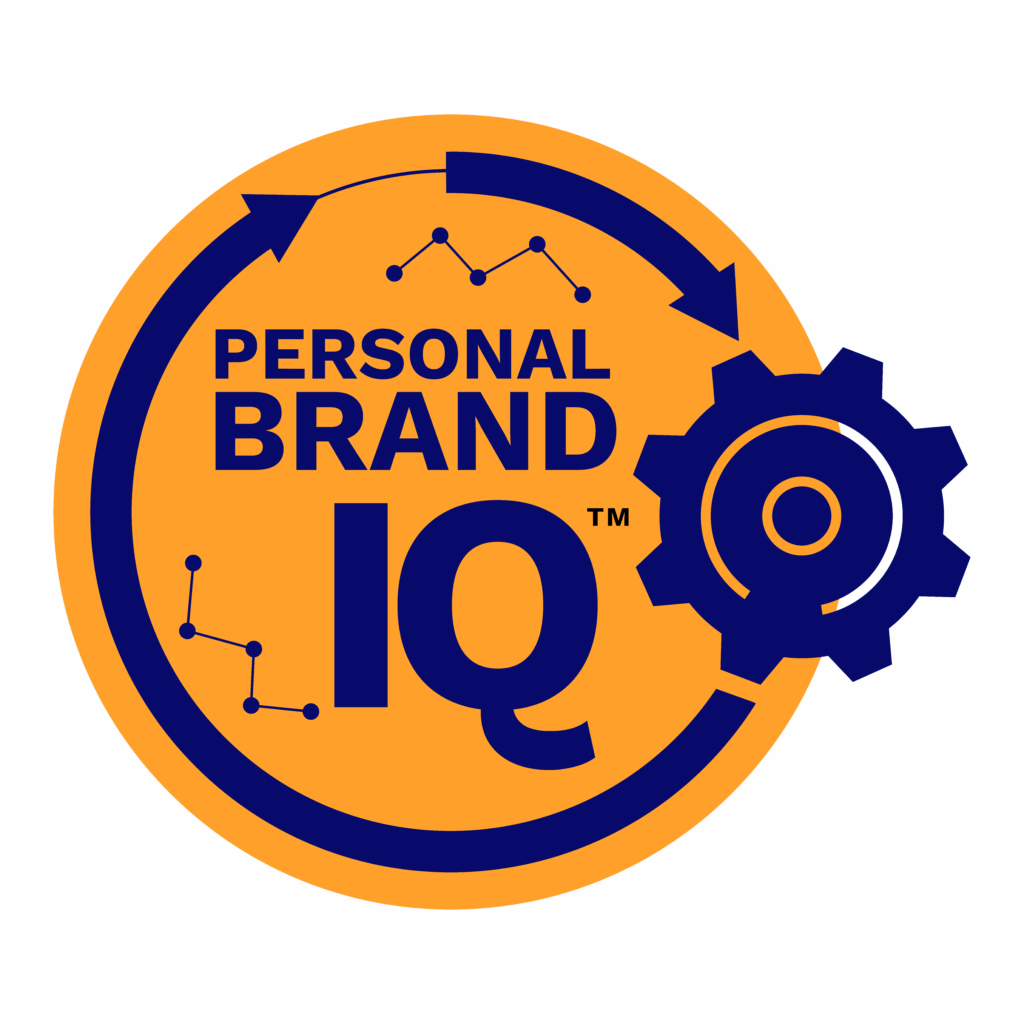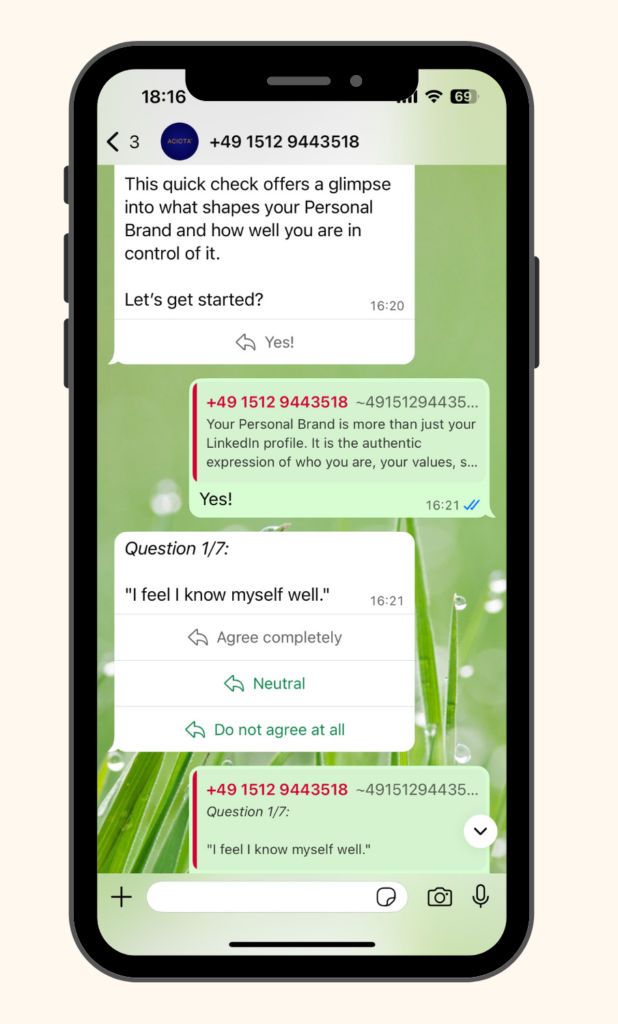Uncovering a blind spot is a good thing. It’s not always easy to be aware of our blind spots, but this is because the human brain is wired to focus on what we believe we do well and ignore what we think we don’t do well. So, how can you uncover your blind spot? Here are some steps and why it is crucial.
If you take the time to uncover your blind spot, you can transform it into a strength
A blind spot is a weakness or a deficiency in your professional life that you are unaware of. It could be something as simple as not being able to use technology effectively, or it could be much more serious and impactful on your career. The key to uncovering these areas is through self-reflection, introspection, and asking for feedback. If you take the time to discover your blind spot, you can transform it into a strength by addressing the issue head-on and working towards improvement.
Asking for feedback is the best way to uncover a blind spot
It’s easy to see why asking for feedback is the best way to uncover a blind spot. If you ask others, they will tell you exactly what they see in your work and how they feel about it.
There are many ways to get feedback: emails, phone calls, and face-to-face conversations are all great options. The more often you ask people for their opinion on something (and listen carefully when they respond), the more comfortable they’ll become in giving honest answers–even if those answers aren’t always what we want to hear!
It’s also important not only whom we choose as our sounding boards but also how we phrase our questions so that we don’t come across as defensive or insecure when receiving negative comments about ourselves or our work.
The more aware you are of your blind spots, the better you’ll overcome them
You can’t change what you don’t know about. If you don’t know what your blind spots are, it’s impossible to work on them and improve in those areas. Being aware of our weaknesses makes it easier for us to improve ourselves by focusing on the right things–and avoiding wasting time on things that aren’t productive or effective.
Working on overcoming one’s weaknesses is rewarding because it helps build confidence in one’s abilities while improving performance overall.
Blind spots are a part of being human, but that doesn’t mean they can’t be overcome. The first step is to acknowledge them and take steps toward correcting them. The more aware you are about what your blind spots are and how they affect others, the better you’ll be at overcoming them in the future!







